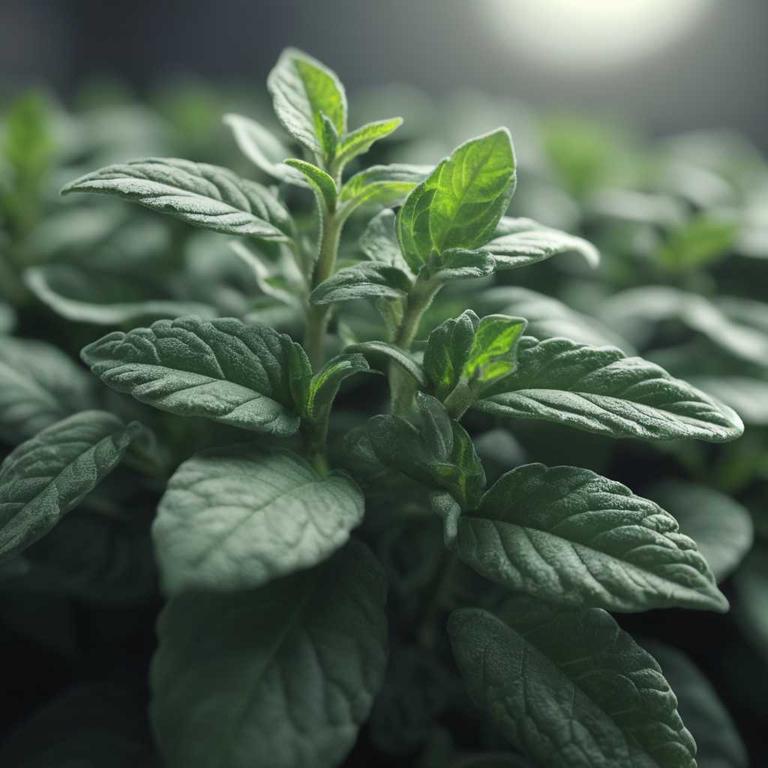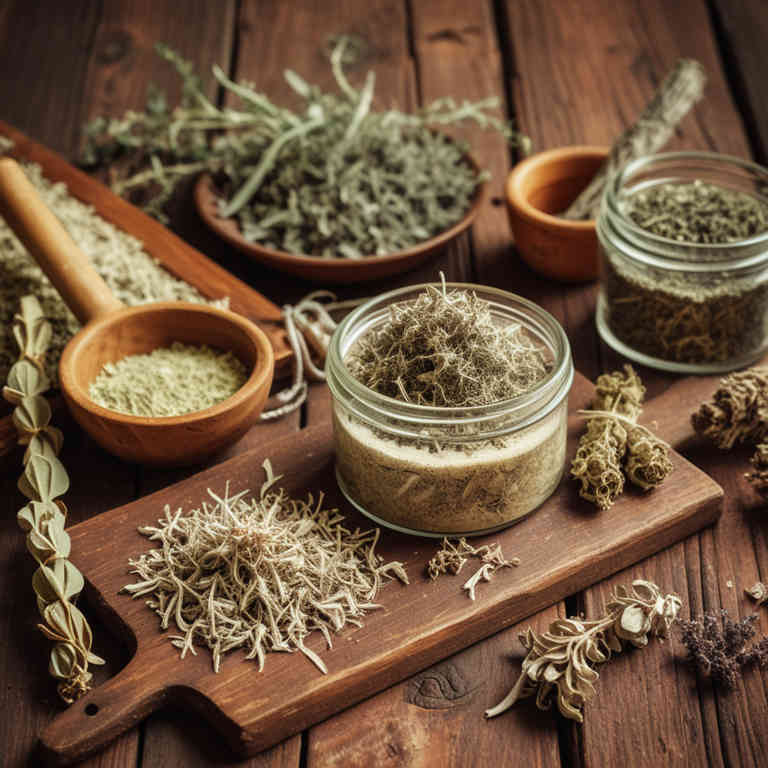10 Best Ocimum Sanctum Preparations

The best medicinal preparations of Ocimum sanctum are teas, decoctions, tinctures, capsules, and oils, each offering unique benefits for health and wellness.
Teas made from dried leaves are commonly consumed to promote relaxation and digestion.
Decoctions involve boiling the leaves to extract more potent compounds, often used for respiratory support.
Tinctures provide concentrated extracts for easy dosing and rapid absorption.
Capsules offer a convenient and standardized form for daily use, while essential oils derived from the herb are used in aromatherapy and topical applications for their calming and healing properties.
Below there's a list of the 10 best herbal preparations of ocimum sanctum for medicinal purposes.
1. Teas
Ocimum sanctum teas is commonly used to promote overall health, reduce stress, and support the immune system.
This herbal preparation is widely utilized for treating ailments such as respiratory infections, digestive issues, and skin conditions. It is also known to help manage symptoms of anxiety and insomnia due to its calming effects. The bioactive constituents responsible for its medicinal properties include rosmarinic acid, flavonoids, eugenol, and essential oils.
These compounds possess antioxidant, anti-inflammatory, and antimicrobial properties that contribute to its therapeutic benefits.

2. Decoctions
Ocimum sanctum decoctions is commonly used to treat a variety of ailments including respiratory infections, digestive disorders, and stress-related conditions.
This herbal preparation is widely utilized in Ayurvedic medicine for its calming and healing properties. The most common medicinal uses of Ocimum sanctum decoctions include alleviating symptoms of anxiety, improving cognitive function, and supporting immune health. The bioactive constituents responsible for its medicinal properties include flavonoids, phenolic acids, eugenol, and essential oils.
These compounds contribute to its anti-inflammatory, antioxidant, and antimicrobial effects.

3. Tinctures
Ocimum sanctum tinctures is commonly used to treat a variety of ailments including respiratory infections, stress, and digestive issues.
These tinctures are widely recognized for their ability to boost the immune system and promote overall well-being. The most common medicinal uses include alleviating symptoms of colds, coughs, and bronchitis, as well as managing anxiety and insomnia. Bioactive constituents such as eugenol, rosmarinic acid, and flavonoids are responsible for the therapeutic effects of Ocimum sanctum tinctures.
These compounds possess antioxidant, anti-inflammatory, and antimicrobial properties that contribute to its wide range of health benefits.

4. Capsules
Ocimum sanctum capsules is commonly used to support overall health, reduce stress, and enhance immunity.
They are widely used to treat ailments such as respiratory infections, digestive issues, and skin conditions. These capsules are also known to help manage diabetes, lower cholesterol, and improve mental clarity. The bioactive constituents include antioxidants like rosmarinic acid, flavonoids, and essential oils, which contribute to their medicinal properties.
Additionally, they contain phenolic compounds and eugenol that provide anti-inflammatory and antimicrobial effects.

5. Oils
Ocimum sanctum oils is commonly used to treat a variety of ailments including respiratory disorders, digestive issues, and skin conditions.
The oil is widely utilized in traditional medicine for its anti-inflammatory, antimicrobial, and antioxidant properties. It is often applied topically for wounds, burns, and skin infections, and can also be ingested in small amounts to support digestion and reduce stress. The bioactive constituents responsible for these effects include eugenol, rosmarinic acid, ursolic acid, and various volatile compounds.
These components contribute to its ability to combat infections, reduce inflammation, and promote overall wellness.

7. Creams
Ocimum sanctum creams is commonly used to treat various skin conditions and inflammatory disorders due to its potent medicinal properties.
These creams are widely used for ailments such as eczema, psoriasis, and dermatitis, as well as for reducing inflammation and promoting wound healing. The most common medicinal uses include alleviating skin irritation, reducing redness and itching, and supporting the healing process of minor cuts and burns. The bioactive constituents responsible for these effects include essential oils, flavonoids, phenolic compounds, and antioxidants like rosmarinic acid and eugenol.
These compounds exhibit anti-inflammatory, antimicrobial, and antioxidant properties, making Ocimum sanctum creams a valuable natural remedy in traditional and modern medicine.

8. Syrups
Ocimum sanctum syrups is commonly used to treat respiratory infections, digestive issues, and inflammation due to its potent antioxidant and antimicrobial properties.
The most common medicinal uses of this herbal preparation include alleviating symptoms of cough, cold, asthma, and gastrointestinal disorders. It is also used to boost immunity and support overall health. The bioactive constituents responsible for its medicinal properties include eugenol, rosmarinic acid, flavonoids, and essential oils, which exhibit anti-inflammatory, antiviral, and antioxidant effects.
These compounds work synergistically to provide therapeutic benefits in various health conditions.

9. Lozenges
Ocimum sanctum lozenges is commonly used to alleviate symptoms of respiratory and throat ailments, such as sore throat, cough, and inflammation.
These lozenges are often employed in the treatment of colds, bronchitis, and other upper respiratory tract infections due to their anti-inflammatory and antimicrobial properties. The bioactive constituents responsible for these effects include eugenol, rosmarinic acid, flavonoids, and essential oils, which possess antioxidant, antiseptic, and immunomodulatory activities. Ocimum sanctum, also known as holy basil, is valued for its ability to reduce inflammation and support immune function.
Its traditional use in Ayurvedic medicine highlights its role in promoting overall wellness and respiratory health.

10. Oinments
Ocimum sanctum oinments is commonly used to treat skin infections, wounds, and inflammatory conditions due to its antimicrobial and anti-inflammatory properties.
The most common medicinal uses include the treatment of acne, eczema, psoriasis, and minor cuts or burns. It is also used to alleviate symptoms of respiratory infections and digestive disorders. The bioactive constituents responsible for these effects include eugenol, rosmarinic acid, flavonoids, and essential oils, which possess antimicrobial, antioxidant, and anti-inflammatory activities.
These compounds work synergistically to provide the therapeutic benefits associated with Ocimum sanctum oinments.
